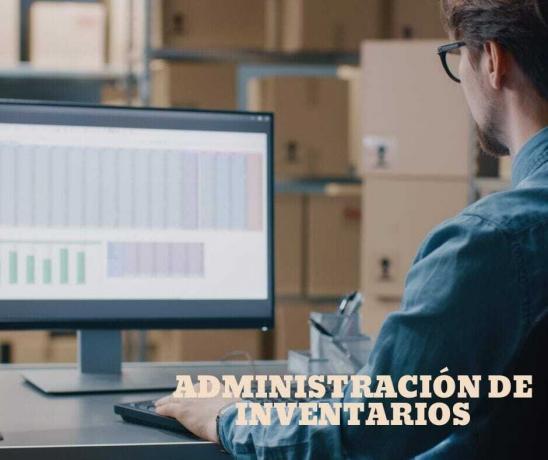In this article you will find:
Difference between authority and power
When it comes to authority and power, the power has a much broader definition than the authority. To know the main differences between power and authority, it is necessary to be clear about the basic concepts of each of these.
The power refers to the ability of a person or a group of people to influence decision-making, opinions or different actions of other people or groups. While The authority It is the right to exercise that a position has in order to achieve greater discretion when it comes to decisions that may affect other people.
Advertisements
The authority and the power, they are considered important elements to be able to develop the work of administrator. However, the power cannot be limited solely to this work, the informal power They have lower levels of the company where skills and knowledge help maintain order.

Advertisements
The power
Types of power and authority
exist five different types of power, between these:
Advertisements
- Reward power: Indicates the ability to grant a reward, represents what opposite tocoercive power. In this context, different types of reward can be seen, for example; bonuses, promotions, recommendations, etc ...
- Coercive power: Coercive power is mainly based on the fear, where compliance is observed for fear of what would happen in case of not fulfilling the task.
- Expert power: It is synonymous with experiences, skills, knowledge that have been acquired.
- Legitimate power: It refers to Special power that a person receives because of hierarchy In the organization. These positions of authority include the rewarding and coercive powers.
- Reference power: Its about can that has a person in making another person adapt personal characteristics. That is, a person who copies aspects of another is under the reference power of that person.
When it comes to authority, it is also possible to treat three different types, where line, personal and functional authority are observed.
- Line authority: It refers to the authority holding a hierarchical position over other subordinates, so that he can direct his work. In this sense, it is a direct relationship between a superior and his subordinate, following the hierarchical steps of the organization.
- Staff authority: It is the authority that is granted to third parties by some special resource they have, or by some specialization that the third party possesses.
- Functional authority: Using the functional authority it is usually very limited by running the risk of affecting the so-called chain of command. However, it refers to complement of both authorities.
Empowerment
Empowerment, refers to the decision-making by the whole team of workers, without the need to be authorized by a superior. This occurs according to knowledge, being related to the capacity that each person has to resolve situations that arise, being responsible for all tasks and actions made.
Advertisements


